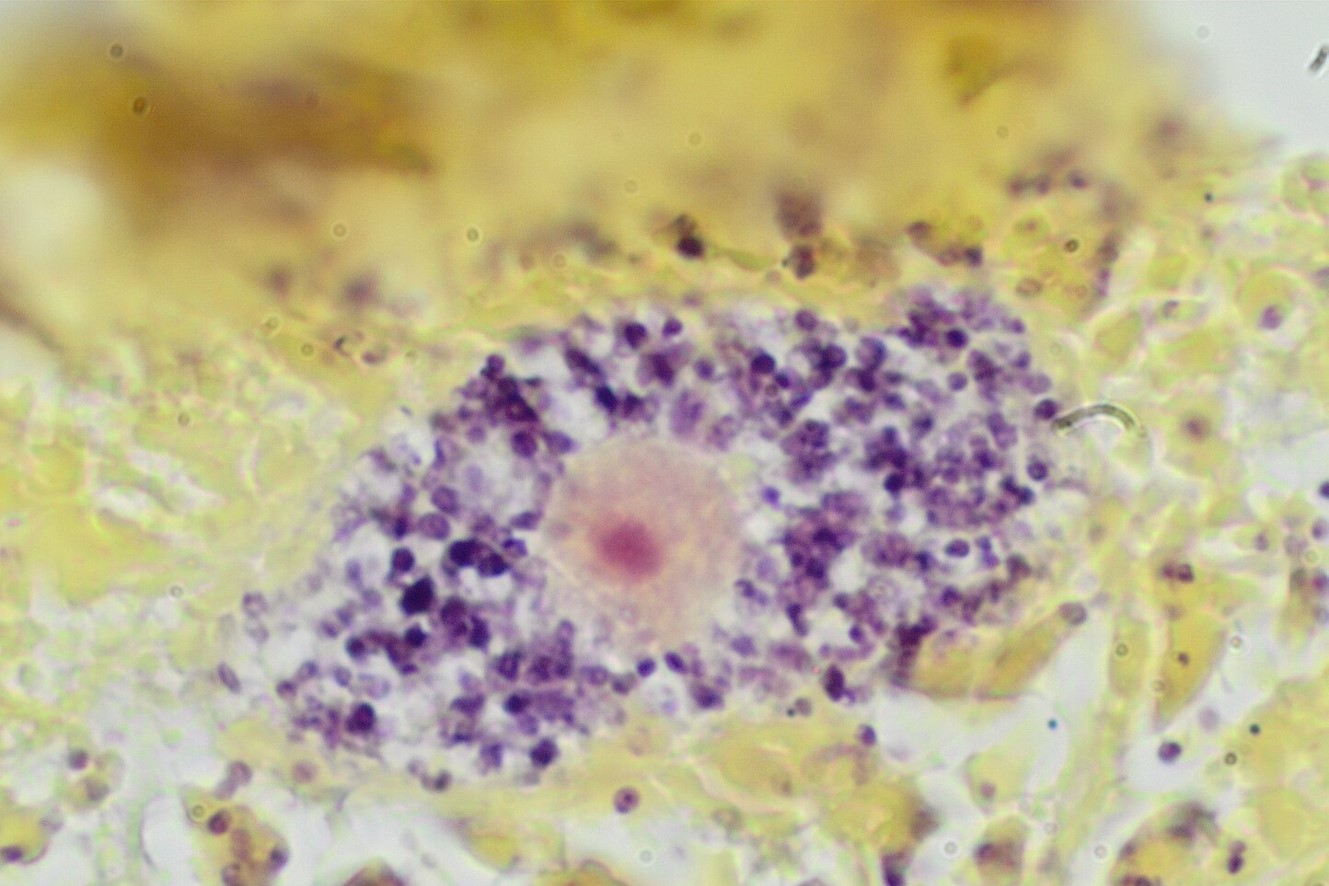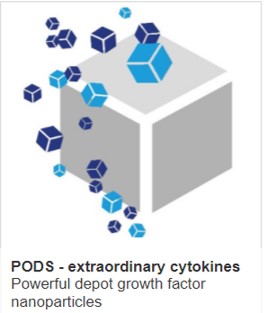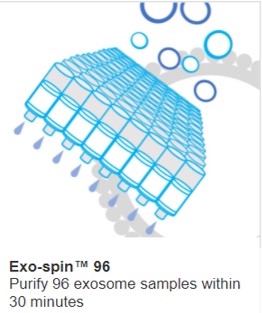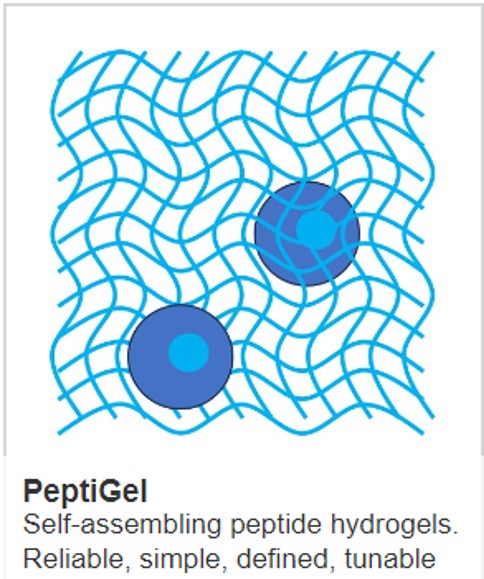Harnessing Macrophages to treat disease

Among the various components of the immune system, macrophages have emerged as a key target and mediator for innovative therapies. These versatile cells, known for their multiple roles in engulfing and digesting cellular debris, pathogens, and attacking cancer cells as well as rebuilding damaged tissue, are at the center of a new wave of treatments. Companies around the world are exploiting the unique properties of macrophages to develop groundbreaking therapies for a wide range of diseases.
Exploiting Macrophages for Therapeutic Gain
The ability of macrophages to act as the body’s first line of defense and their capacity to modulate immune responses make them an attractive target for therapeutic intervention. Companies are exploring several strategies to harness the power of macrophages to treat diseases:
- Macrophage Activation
Some companies are focusing on developing drugs that can activate macrophages to enhance their ability to fight cancer and infections. By stimulating macrophages, these therapies aim to boost the natural immune response against disease-causing agents. For instance, certain cytokines and growth factors can be used to activate macrophages to become more aggressive against tumor cells.
- Macrophage Reprogramming
In diseases like cancer, macrophages can be co-opted by tumor cells to aid in tumor growth and suppress the immune response. To counter this, researchers are working on reprogramming tumor-associated macrophages to revert them back to a state where they can attack cancer cells. This reprogramming can be achieved through the use of small molecules, antibodies, or genetic modification.
- Macrophage Delivery Systems
Another innovative approach is the use of macrophages as delivery vehicles for therapeutic agents. By loading macrophages with drugs, nanoparticles, or oncolytic viruses, companies are creating ‘Trojan horses’ that can infiltrate tumors and release their therapeutic payload directly into the cancerous environment. This targeted delivery minimizes the impact on healthy tissues and reduces side effects associated with less well targetted therapies.
- Macrophage Depletion
In certain conditions, such as chronic inflammatory diseases, macrophages can contribute to tissue damage and disease progression. To address this, some therapies aim to selectively deplete or inhibit the problematic macrophages. This strategy can help to reduce inflammation and halt the progression of diseases like rheumatoid arthritis, atherosclerosis, and fibrosis.
- Macrophage-Derived Exosomes
Exosomes are small vesicles released by cells, including macrophages, that can carry proteins, lipids, and nucleic acids. Companies are exploring the potential of macrophage-derived exosomes as vehicles for drug delivery or as therapeutic agents themselves. These exosomes can be engineered to carry specific molecules that can modulate immune responses or target disease pathways.
Challenges and Opportunities
While the potential of macrophage-based therapies is immense, there are significant challenges that companies must overcome. One of the main hurdles is the complexity of the immune system and the diverse roles that macrophages play in different tissues and diseases. Macrophages can exhibit a spectrum of activation states, from pro-inflammatory (M1) to anti-inflammatory (M2), and their behaviour can be influenced by the local tissue environment. This plasticity means that a one-size-fits-all approach to macrophage-targeted therapies is unlikely to be effective.
Moreover, safely and effectively reprogramming or activating macrophages without triggering unintended immune responses is a delicate balance. There is a risk that activating macrophages could lead to excessive inflammation, while reprogramming them could inadvertently suppress the immune system too much, leaving the body vulnerable to infections.
Despite these challenges, the opportunities for macrophage-based therapies are vast. Companies are investing heavily in research and clinical trials to better understand macrophage biology and to develop more sophisticated methods for manipulating these cells. Some of the strategies being explored include:
Precision targeting: Developing therapies that can precisely target specific macrophage populations or activation states to minimize off-target effects.
Combination therapies: Using macrophage-based treatments in combination with other immunotherapies, such as checkpoint inhibitors, to enhance the overall immune response against diseases like cancer.
Personalized medicine: Tailoring macrophage therapies to the individual patient’s immune profile to maximize efficacy and minimize adverse effects. This could involve profiling a patient’s macrophages to understand their specific role in the disease and designing interventions that are customized to their immune system’s characteristics.
Below is a list of some of these companies along with a summary of their activities in this field:
Cuboid Bio
Focus: Cuboid bio (www.cuboid.bio) is using monocytes/macrophages as "Trojan Horses" to actively deliver crystalline drug depots to solid cancers, increasing efficacy and reducing side effects.
Activities: Pre-clinical stage. This approach has immense potential to improve the activity of a wide range of cancer drugs.
Carisma Therapeutics
Focus: Developing chimeric antigen receptor macrophage (CAR-M) therapies for the treatment of cancer.
Activities: Carisma Therapeutics is pioneering the use of engineered macrophages that are designed to recognize and destroy cancer cells. Their approach involves modifying macrophages with chimeric antigen receptors to enhance their ability to target tumors.
Macrophage Pharma
Focus: Creating novel therapeutics that modulate the innate immune system to treat cancer and autoimmune diseases.
Activities: Macrophage Pharma is working on small molecule drugs that can reprogram macrophages within the tumor microenvironment to stimulate an anti-tumor immune response.
Kymab (acquired by Sanofi)
Focus: Developing antibody-based therapies targeting the immune system, including macrophages.
Activities: Kymab has been working on antibodies that can influence macrophage activity, either by activating them against cancer cells or by suppressing their activity in diseases where they contribute to pathology, such as chronic inflammatory conditions.
IN8bio
Focus: Advancing gamma-delta T cell therapies for the treatment of cancer, which includes the modulation of macrophages.
Activities: IN8bio’s research includes the investigation of how gamma-delta T cells can be used to modulate macrophages in the tumor microenvironment, enhancing the immune system’s ability to fight cancer.
Codiak BioSciences
Focus: Harnessing exosome technology to create therapies for cancer, infectious diseases, and other conditions.
Activities: Codiak BioSciences is exploring the use of engineered exosomes derived from macrophages to deliver therapeutic agents directly to tumors or to modulate the immune system.
Forty Seven Inc. (acquired by Gilead Sciences)
Focus: Developing therapies that target the CD47 pathway to treat cancer.
Activities: Forty Seven Inc. focused on developing drugs that block the “don’t eat me” signal provided by CD47 on cancer cells, thereby enabling macrophages to phagocytose and destroy those cells
Tizona Therapeutics
Focus: Creating treatments that modulate the immune system to fight cancer and autoimmune diseases.
Activities: Tizona is developing antibodies that target the suppressive activity of macrophages in the tumor microenvironment, aiming to restore the immune system’s ability to attack cancer cells.
Synthekine
Focus: Engineering cytokines and cytokine therapeutics for cancer immunotherapy.
Activities: Synthekine designs synthetic cytokines that can selectively activate macrophages and other immune cells to enhance the immune response against tumors.
Affimed N.V.
Focus: Developing targeted cancer immunotherapies using its proprietary ROCK® (Redirected Optimized Cell Killing) platform.
Activities: Affimed’s technology involves creating bispecific antibodies that can engage both NK cells and macrophages to target and destroy cancer cells.
OSE Immunotherapeutics
Focus: Developing immunotherapies for immune activation and regulation in oncology and autoimmune diseases.
Activities: OSE Immunotherapeutics is working on drug candidates that can modulate the activity of myeloid cells, including macrophages, to either stimulate
immune responses against cancer or suppress excessive inflammation in autoimmune diseases.
Polaris Pharmaceuticals
Focus: Developing drugs that target the tumor microenvironment.
Activities: Polaris is investigating therapies that can alter the behavior of macrophages within the tumor microenvironment to inhibit tumor growth and metastasis.
Trillium Therapeutics (acquired by Pfizer)
Focus: Immuno-oncology company developing therapies for the treatment of cancer.
Activities: Trillium was focused on developing therapies that target the CD47 pathway, similar to Forty Seven Inc., to prevent cancer cells from evading macrophage-mediated destruction.
Alector
Focus: Harnessing the power of the immune system to combat neurodegeneration.
Activities: Alector is exploring the role of immune dysfunction in neurodegenerative diseases and developing therapies that target macrophages and other immune cells in the brain to slow or halt the progression of conditions like Alzheimer’s disease.
Dragonfly Therapeutics
Focus: Developing novel immunotherapies that harness the body’s innate immune system to treat cancer.
Activities: Dragonfly Therapeutics is working on TriNK ET™ technology, which involves natural killer (NK) cell engagers that can also recruit macrophages and other immune cells to destroy cancer cells.
Macrophage Therapeutics (a subsidiary of Navidea Biopharmaceuticals)
Focus: Developing therapeutics that utilize the CD206 mannose receptor found on macrophages.
Activities: Macrophage Therapeutics is working on leveraging the CD206 receptor to deliver diagnostic and therapeutic agents to macrophages in various disease states, including cancer and inflammatory conditions.
Nektar Therapeutics
Focus: Creating immune-stimulating therapeutics for cancer and autoimmune diseases.
Activities: Nektar’s research includes developing agents that can modulate the immune system, including macrophages, to create a more robust anti-tumor response or to reduce inflammation in autoimmune diseases.
Surface Oncology
Focus: Developing next-generation immunotherapies that target the tumor microenvironment.
Activities: Surface Oncology is exploring a range of strategies to modify the tumor microenvironment, including targeting macrophages to enhance the immune response against cancer.
LysoClear
Focus: Developing enzyme
replacement therapies for the treatment of lysosomal storage diseases.
- Activities: LysoClear is working on therapies that involve providing recombinant enzymes to macrophages and other cells to break down the accumulated substrates that cause lysosomal storage diseases, thereby alleviating symptoms and improving patient outcomes.
Immune-Onc Therapeutics
Focus: Developing novel biotherapeutics to disrupt cancer immune resistance pathways.
Activities: Immune-Onc Therapeutics is targeting the LILRB4 pathway, which is involved in the immune suppressive function of tumor-associated macrophages, with the aim of enhancing the anti-tumor immune response.
iTeos Therapeutics
Focus: Developing a new generation of immunotherapies targeting the tumor microenvironment.
Activities: iTeos Therapeutics is investigating ways to modulate the activity of myeloid cells, including tumor-associated macrophages, to overcome the immunosuppressive environment that allows cancer to thrive.
These companies represent an incomplete cross-section of some of the biotech industry’s efforts to harness macrophages for therapeutic purposes. The activities mentioned are a snapshot of their broader research and development programs, which may include a variety of other approaches and targets.
IMAGE - Macrophage with ingested bacteria. Credit M Haggstrom (Creative commons)



